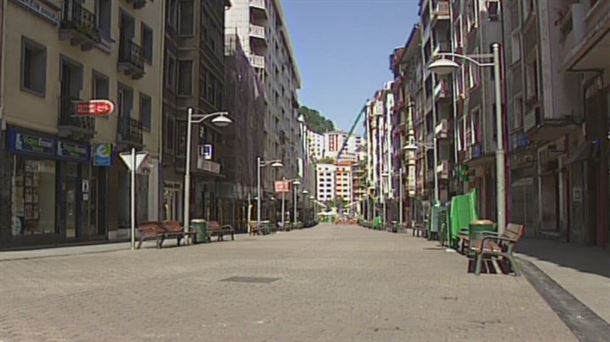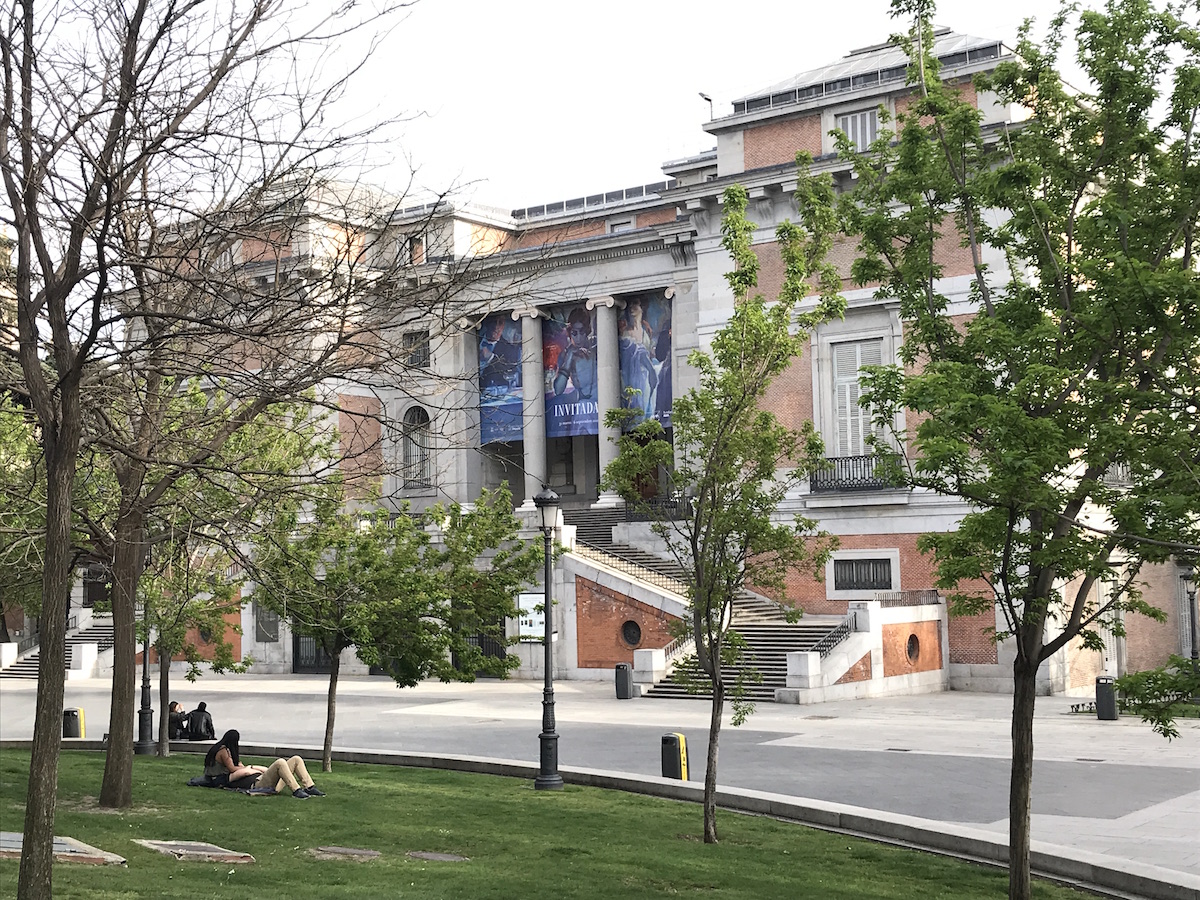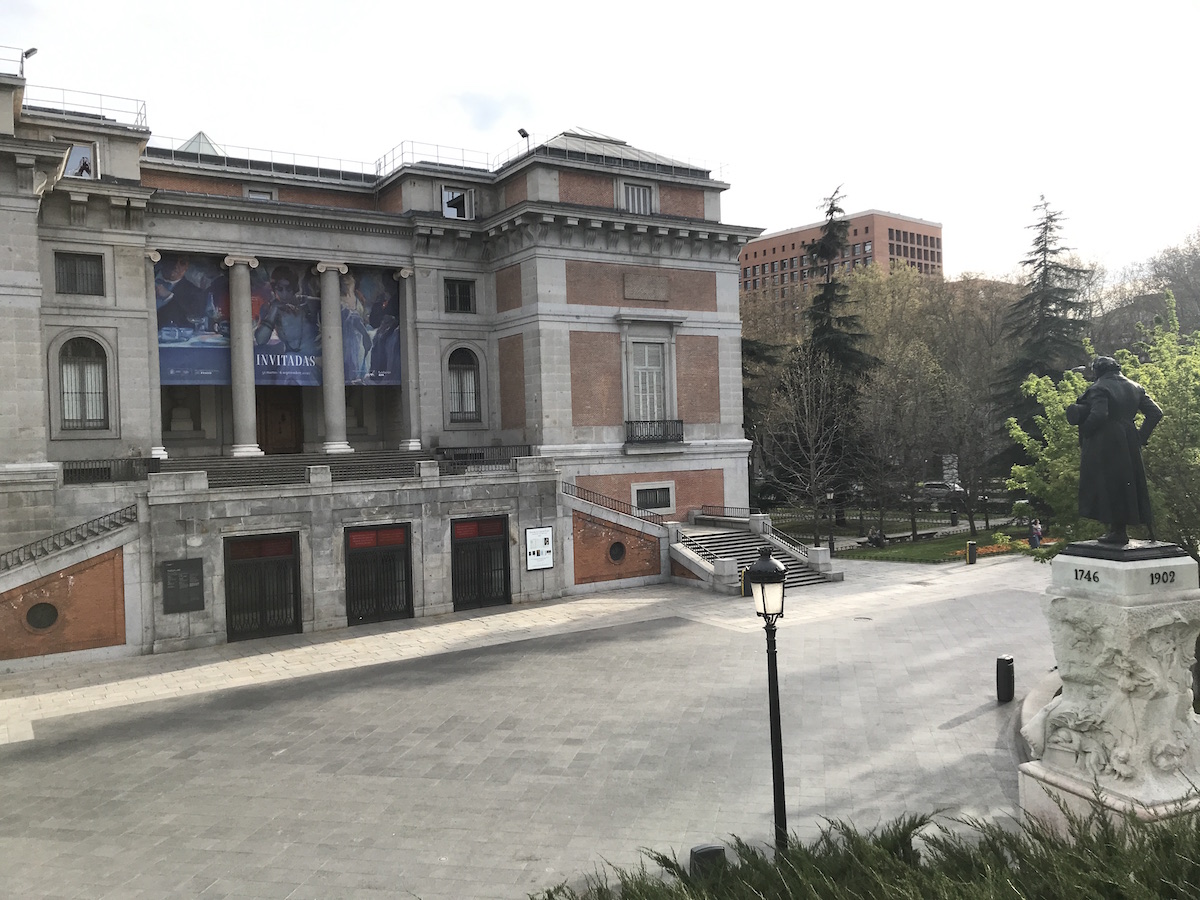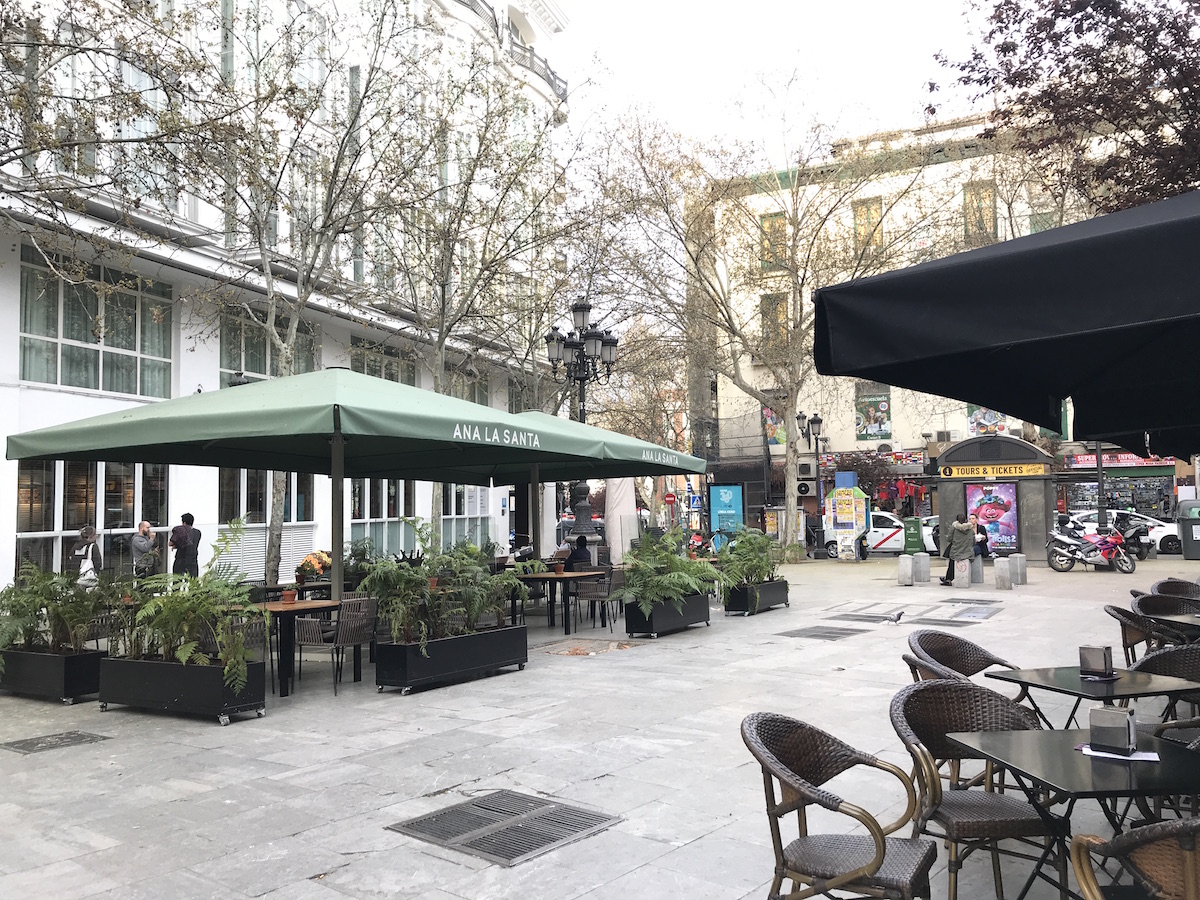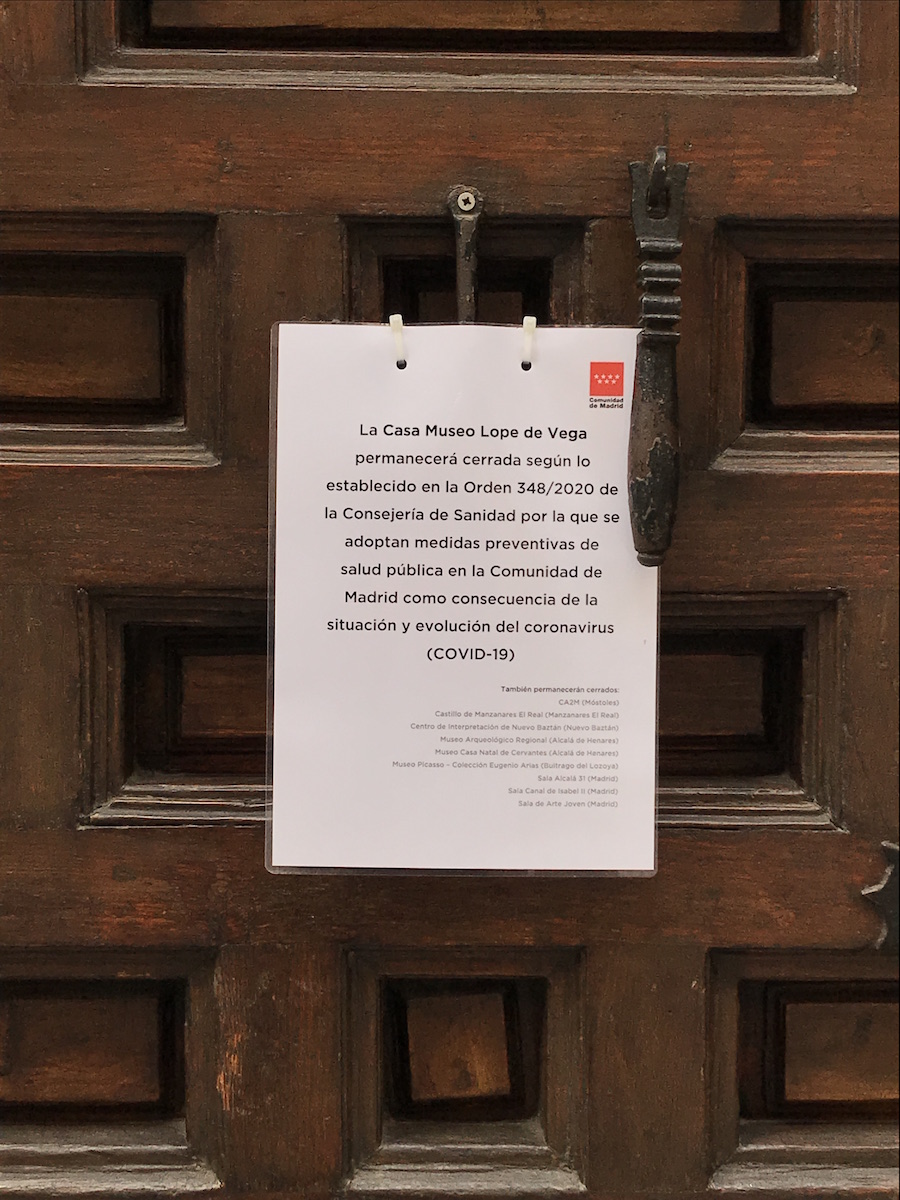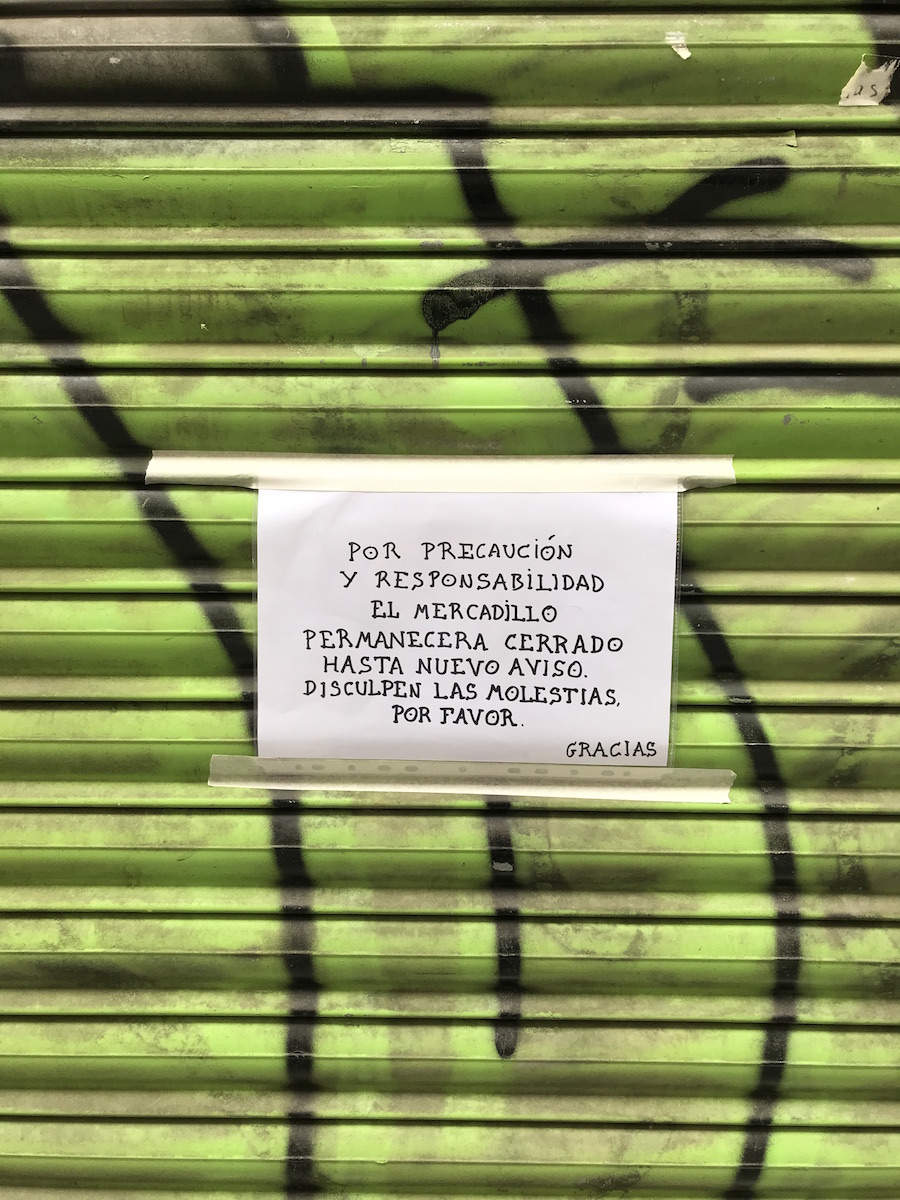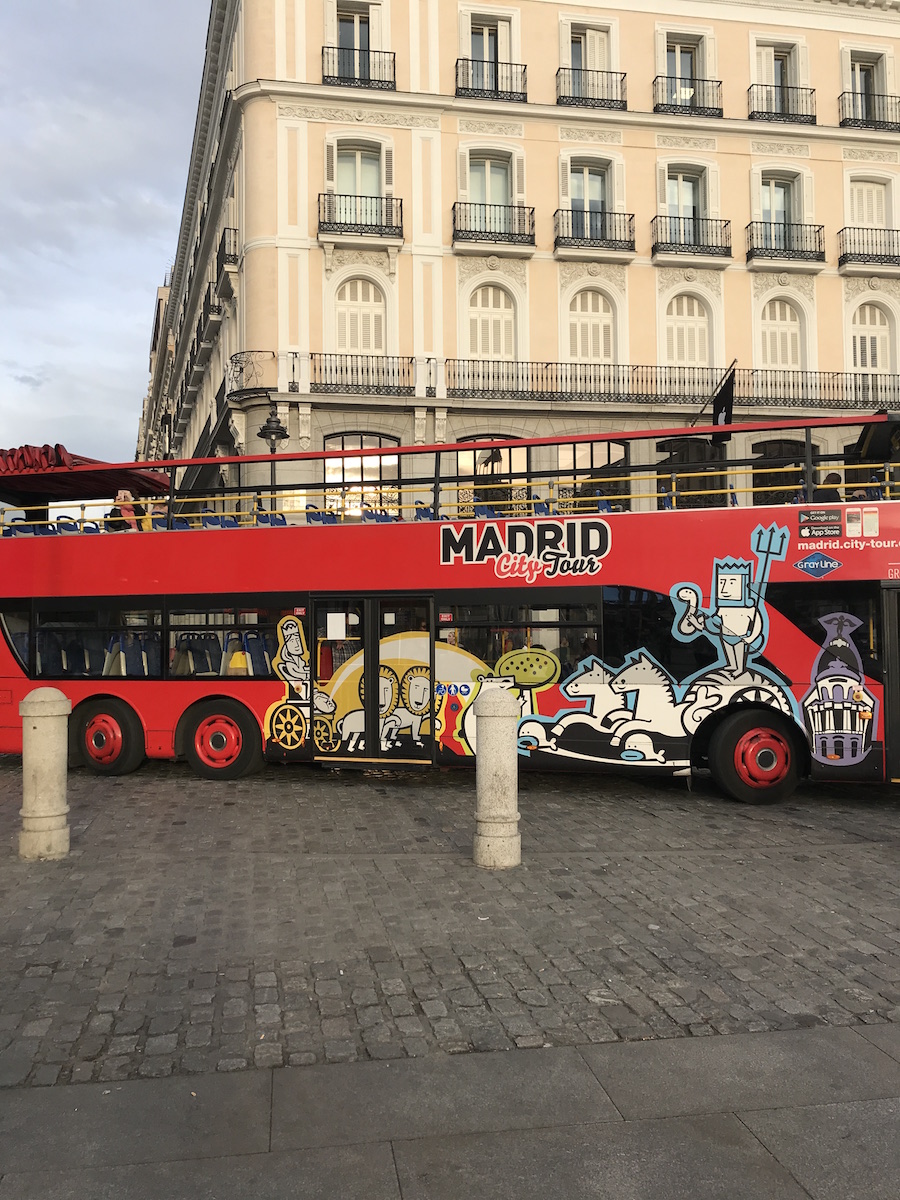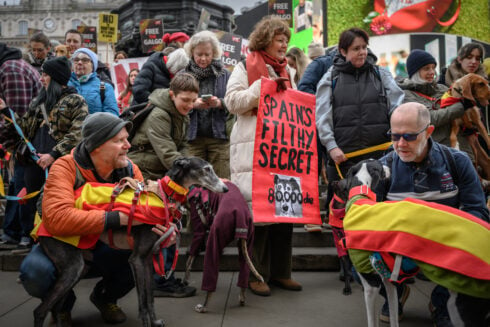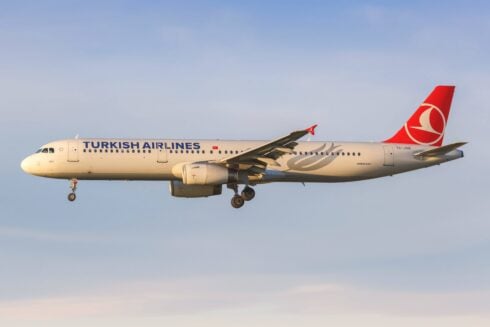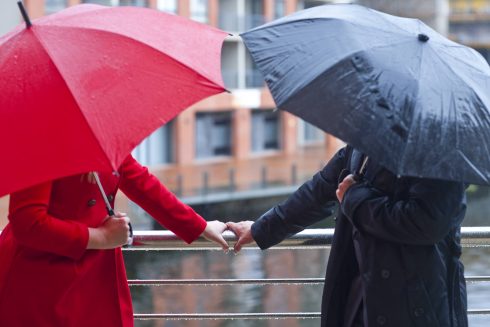IT’S not exactly the Civil War or a scene from the 1936 Battle of Madrid when the Republican icon, La Pasionaria famously declared ‘No Pasarán!’, but there is a definite siege mentality in Madrid and it’s building.
While Thursday March 12 saw a number of people trying to maintain some semblance of normality with people still eating out on terraces, by Friday 13, the streets were all but stripped bare of life with the chairs and tables of the street cafés and restaurants piled and chained.
Following the premier Pedro Sanchez’s announcement on Friday afternoon that Spain will have 10,000 recorded cases of the virus by next week, it seemed like the Madrilenians finally had no choice but to sit up and take note.
A state of emergency has been declared. Licenses for restaurants, gyms and clubs have been suspended, leaving the city’s dwellers with little option but to retire to their homes.
“All the bars closing is the last straw in Spain,” laughs local Luis Perez.
And while chemists are sticking sold out signs for masks and hand wash in their shop windows, on Thursday the tactile Spaniards were still wrestling with restraint when it came to their customary greetings.
Distance is a not a concept easily grasped in these parts, though there are some who are clearly getting to grips with it.
“My wife and I had to stop people from shaking our hands at a meeting yesterday,” says journalist Anthony Luke.
“But then we went to a government office to ask for a document that was delivered by a man behind glass wearing a mask and gloves and were told it was uncivil of us to be there.”
For such a noisy and lively metropolis, the veil of silence that has fallen on Madrid is nothing short of freakish
Today the City Hall has closed its doors to the public. The streets are empty of people and also traffic.
“It is like August,” says Perez, “but without the tourists.”
This is bad news for taxi drivers. One driver called Julio tells me, “I’m not worried about getting the virus because I’m not getting any clients!”
Out of sheer desperation there are those who have approached the authorities about taking the strain off the ambulance service in order to scrape through the next few weeks, though there is currently no where to take the sick.
This is where the hotels come into their own. Currently devoid of tourists, they could be used to mop up the overspill from hospitals which are already struggling to cope.
This week, tourist numbers have dropped by 45% in the capital, but according to Luke on Thursday at least, “There were more tourists than Spaniards out and about in the Plaza Mayor, mainly Latin Americans and Asians.”
Chinese shops, meanwhile, have had their shutters down for longer than most. “The general feeling among the Chinese,” says Luke, “is that the Spaniards are not taking the whole thing seriously enough and they are afraid of being infected or re-infected.”
On Thursday, Luke laughed when asked to draw parallels with a wartime scenario but by Friday he was having second thoughts: “I thought yesterday that this is hardly the walking dead but now…”
For such a noisy and lively metropolis, the veil of silence that has fallen on Madrid is nothing short of freakish.
Unlike the Brits, Spaniards are not ones to stay indoors or keep themselves to themselves. It’s not in their nature. Which is undoubtedly why Covid-19 has proved so virulent here.
Click here to read more Spain News from The Olive Press.


